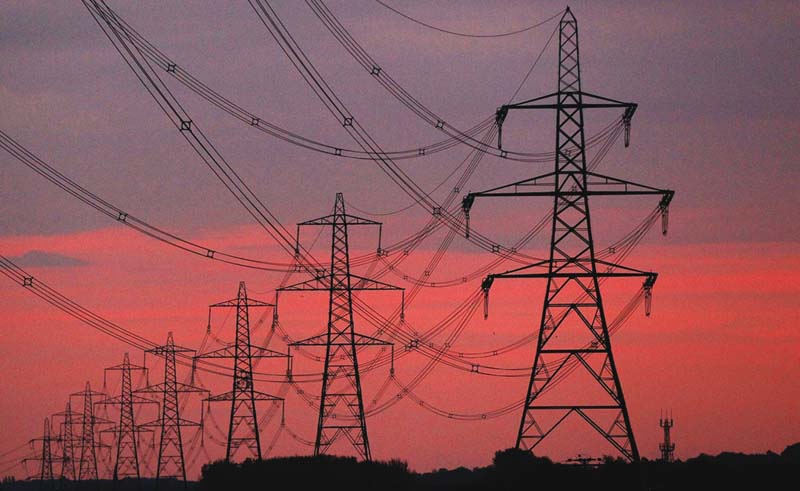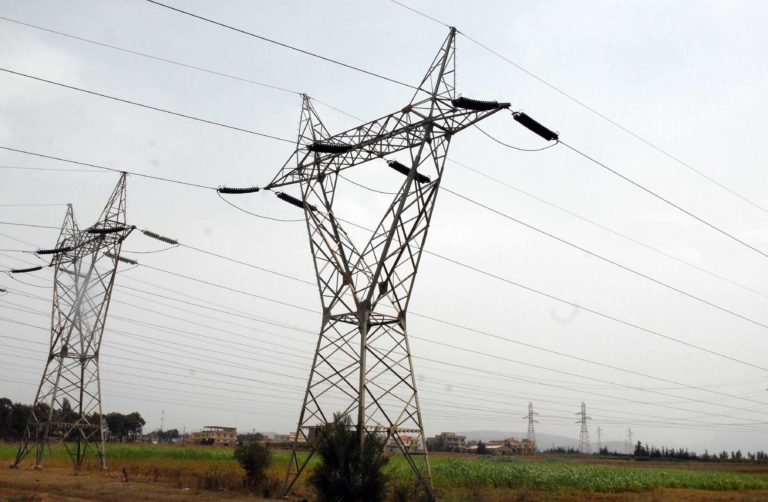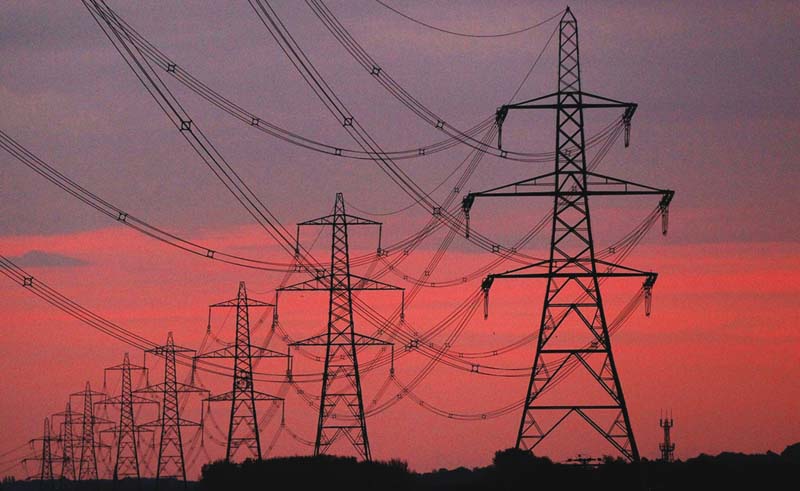
Egypt’s ranking on the World Bank’s Doing Business report for the Access to Electricity Index has improved, rising 19 ranks from 96th to 77th globally, Borsa news website reported.
The Electricity Access Index considers all procedures that business owners must go through in order to receive electricity at their facilities, taking into account the time and cost required to complete each procedure.
The index also considers application submissions to electricity companies, the signing of contracts for the supply of electricity, the approval of required permits, measures of electricity reliability, and tariff transparency.
The ranking improvement comes as a result of a number of measures taken by Egypt to improve its standing on the indicator, most notably the immense support provided by the political leadership to the electricity and renewable energy sector out of recognition for the importance of the energy file as a main pillar of development.
Cooperation and continuous coordination between the electricity ministry and all state bodies, especially the ministries of defense, petroleum, finance, investment and international cooperation, led Egypt to overcome power outages from the summer of 2015 to date, raising the reliability of the electric supply index on the Doing Business report. The electric supply index measures the average duration of power outages and the frequency of power outages.
Commitment to the maintenance programs by 100 percent of the electricity production units ensured the efficiency of the facilities. Continuous coordination with the Ministry of Petroleum to provide the necessary and appropriate fuel for the operation of electric power production units was also an important factor.
The Egyptian energy sector has succeeded in turning the energy deficit into a reserve by adding more than 25,000 MW over the past four years.
The electricity sector is currently working on improving and developing transmission and distribution networks, including high-voltage transformer stations and control centers as well as smart grids to enhance and strengthen the national electrical grid to accommodate the new added capacity of renewable energy, reduce the electricity loss in the network, and enhance electrical linkage with neighboring countries.




